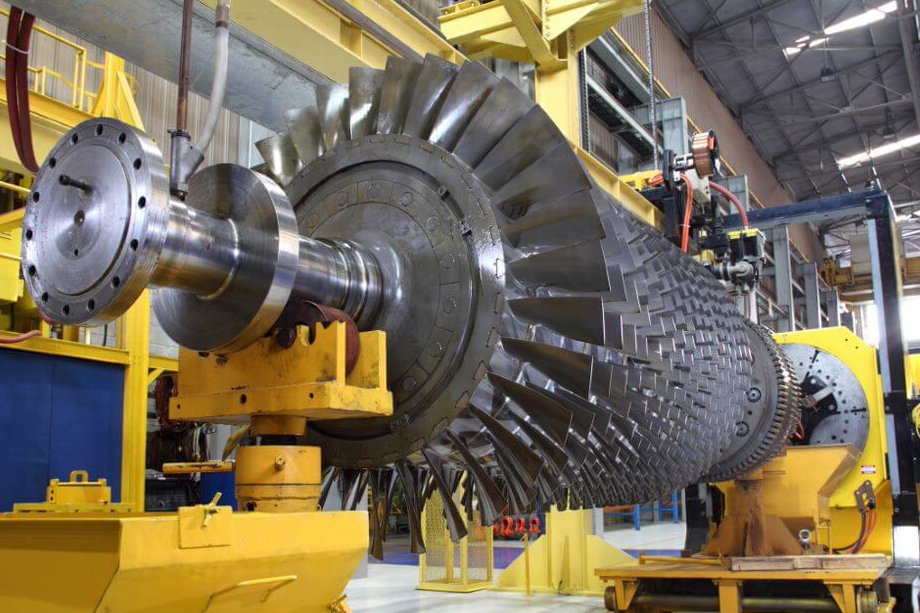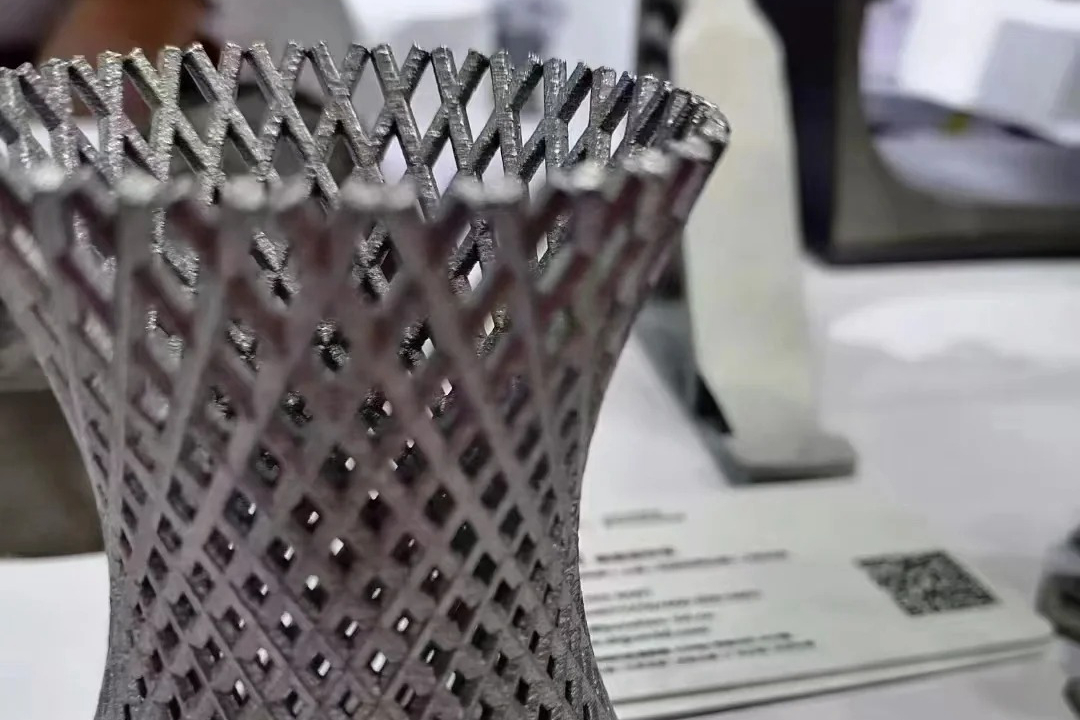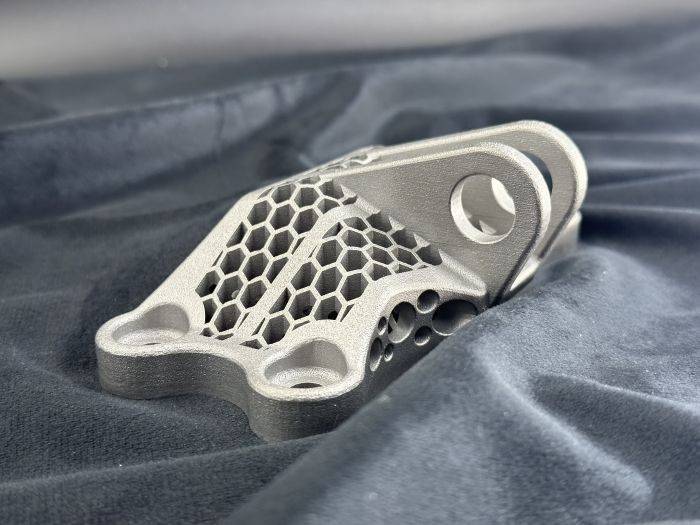Which international or industry standards do you follow for tensile testing?
Comprehensive Standards Compliance Framework
Our tensile testing procedures rigorously follow established international and industry-specific standards to ensure consistent, reliable, and internationally recognized mechanical property data. The specific standards applied depend on the material type, manufacturing process, and intended application, with testing methodologies validated through regular equipment calibration and technician certification programs. This standardized approach provides crucial quality assurance for components produced through various manufacturing processes, including Powder Bed Fusion and Directed Energy Deposition.
Primary International Standards Implementation
ASTM International Standards
We extensively implement ASTM International standards, which represent the most widely recognized testing protocols for metallic and polymeric materials. For metallic components manufactured using Titanium Alloy or Aluminum Alloys, we adhere to ASTM E8/E8M for tension testing of metallic materials at room temperature. Elevated temperature testing follows ASTM E21 forthe determination of elevated temperature tensile properties. These standards govern specimen geometry, testing velocity, data acquisition rates, and reporting requirements, ensuring consistent results comparable across different testing laboratories and manufacturing batches.
ISO International Standards
For international projects and clients requiring ISO certification, we implement the ISO 6892 series for tensile testing of metallic materials at ambient temperature (ISO 6892-1) and elevated temperatures (ISO 6892-2). The testing laboratory maintains compliance with ISO/IEC 17025 for quality management systems, ensuring technical competence and result reliability. This standardized approach is particularly critical for components destined for regulated industries such as Aerospace and Aviation and Medical and Healthcare, where material traceability and testing validity are paramount.
Additive Manufacturing Specific Standards
Emerging AM-Specific Protocols
Recognizing the unique characteristics of additively manufactured materials, we increasingly implement standards specifically developed for additive manufacturing technologies. ASTM F3122 provides guidance for evaluating mechanical properties of metal parts made via additive manufacturing, while ISO/ASTM 52902 specifies requirements for test artifact geometry for additive manufacturing systems. These specialized standards address AM-specific considerations such as build orientation effects, surface roughness implications, and anisotropic material behavior, providing more relevant property data for design engineers working with Superalloy components or Stainless Steel applications.
Material-Specific Standard Applications
Polymer and Composite Testing
For polymer materials including Plastics and Resins used in various additive manufacturing processes, we implement ASTM D638 for tensile properties of plastics and ASTM D3039 for polymer matrix composite materials. These standards accommodate the unique viscoelastic characteristics of polymeric materials and provide appropriate testing parameters for strain rate sensitivity and elongation measurement, crucial for applications in Consumer Electronics and Automotive components.
Industry-Specific Compliance
Certain industries mandate adherence to specific supplemental standards. Aerospace applications often require compliance with NADCAP (National Aerospace and Defense Contractors Accreditation Program) requirements for testing laboratories, while medical device components may require testing according to FDA-recognized standards. Our quality system ensures that the necessary documentation and procedural controls are in place to support these industry-specific requirements, thereby guaranteeing that materials characterization data meets the most stringent regulatory standards across all applications.



